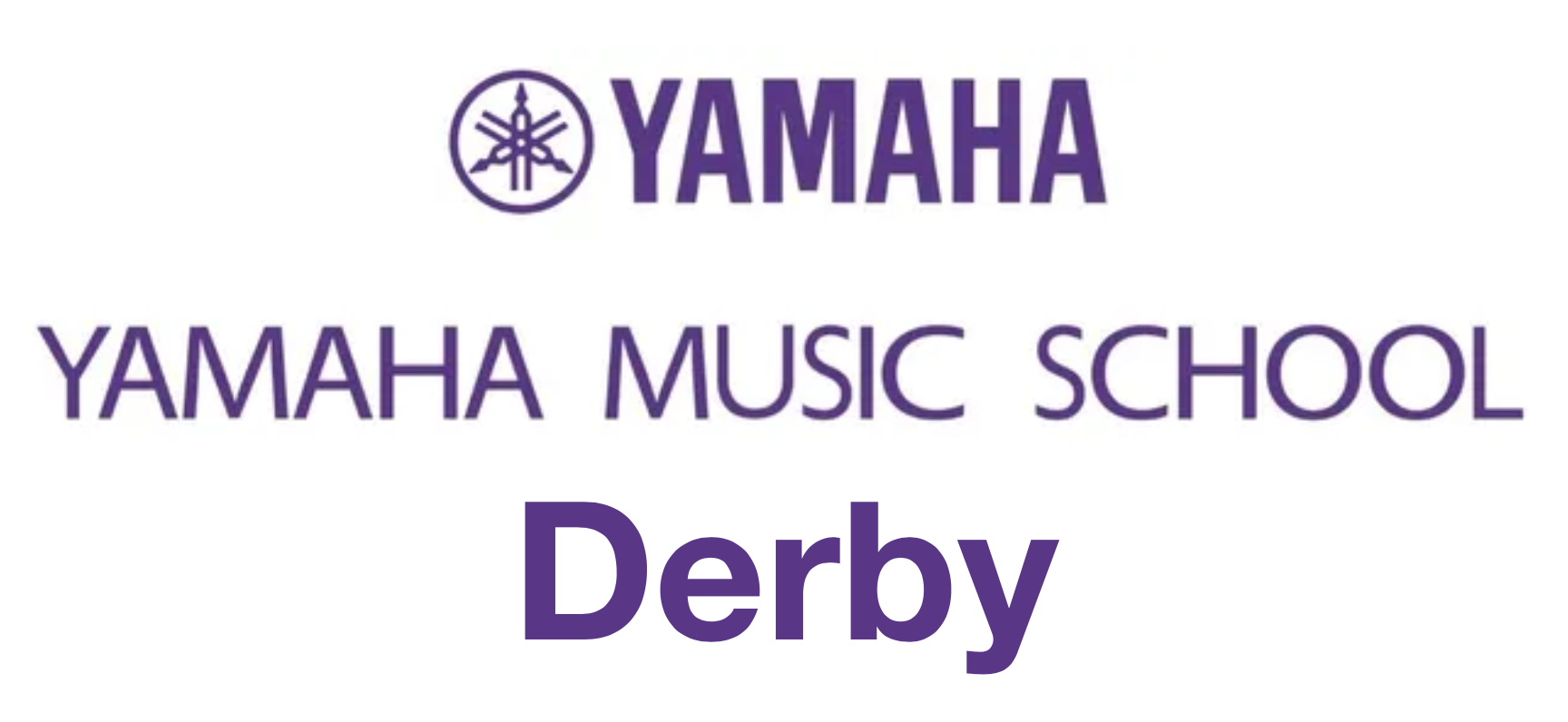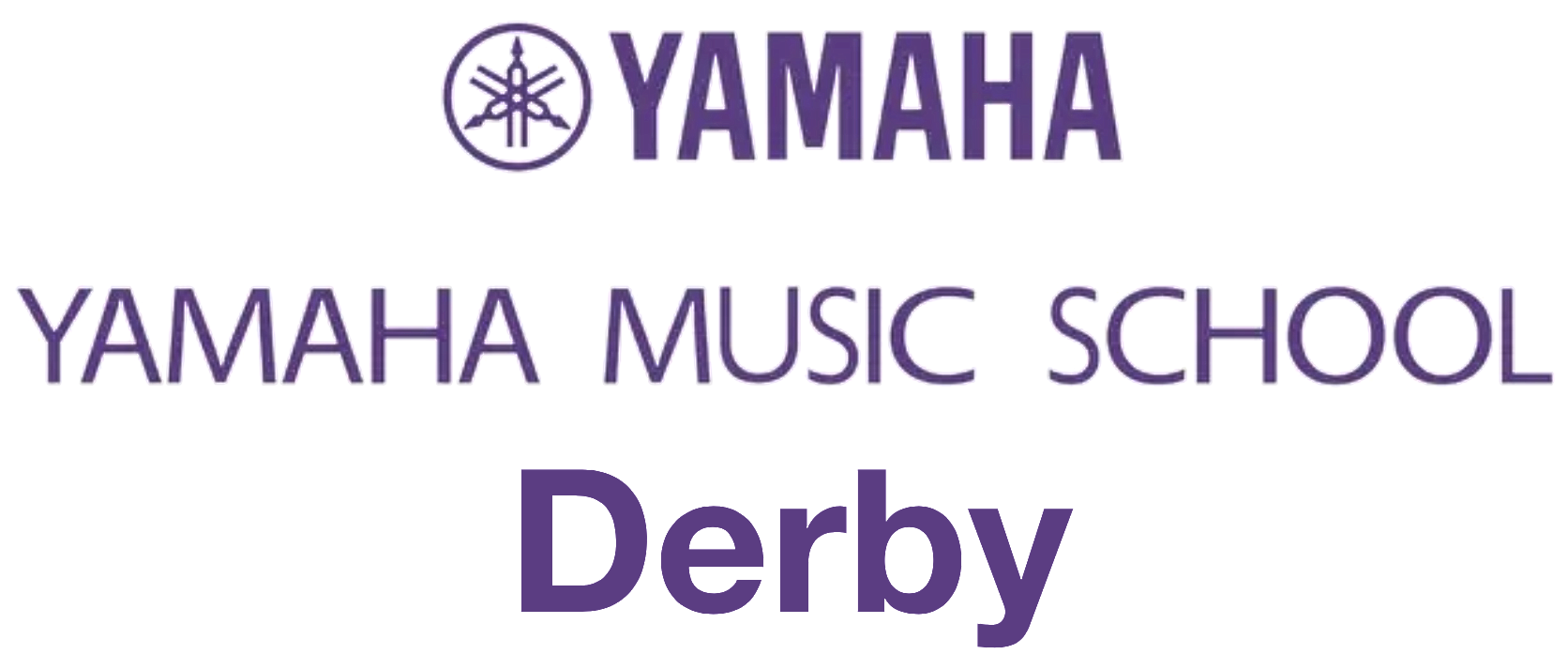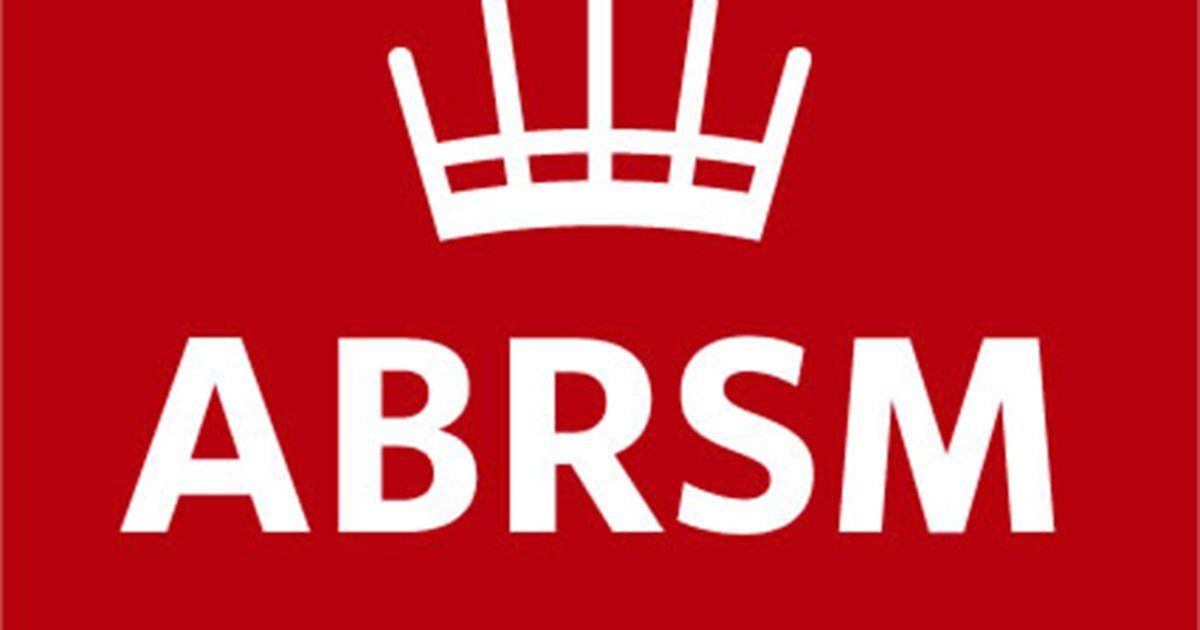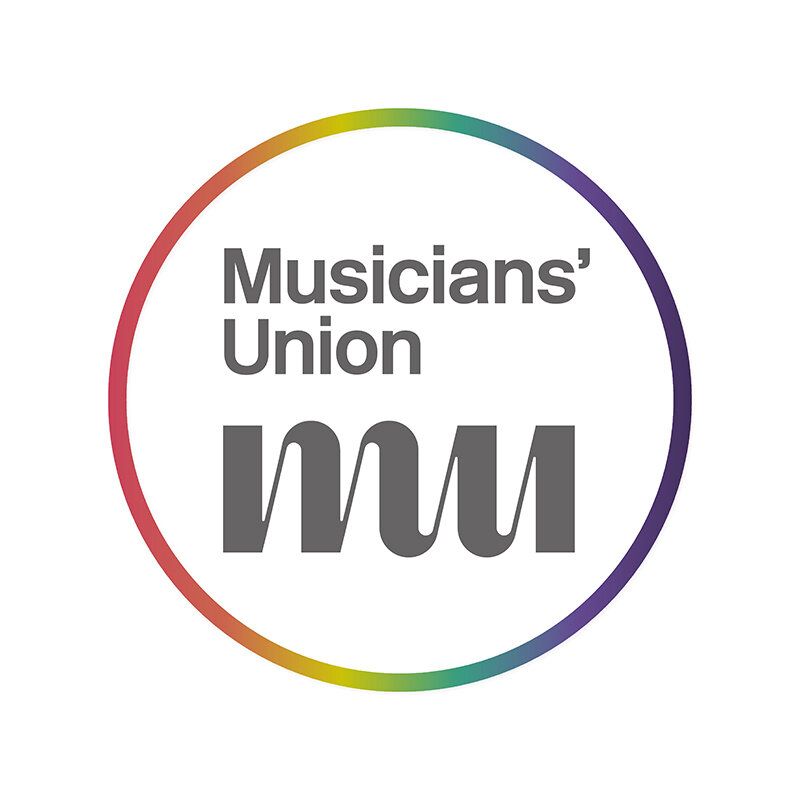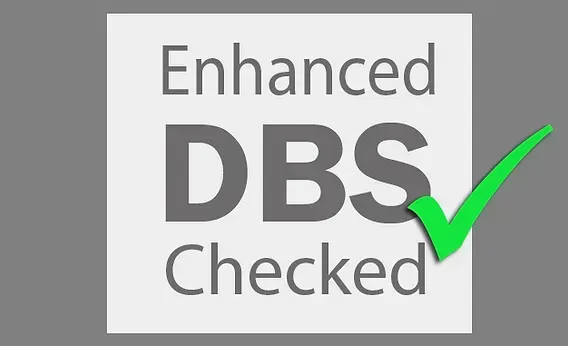The Importance of Not Grade Hopping in Music Lessons
Why Mastery Matters More Than Speed
In the world of music education, it’s exciting to see students hungry to move forward. Whether it’s piano, guitar, drums, vocals, or keyboard, motivation is key—but sometimes, that motivation can turn into impatience.
A common trend among music learners (and often their parents) is wanting to move up grades too quickly—skipping levels or rushing to the next exam without fully developing the skills needed to truly succeed.
This is known as
“grade hopping,”
and while it might seem like progress on paper, it can actually hold students back in the long run.
What Is Grade Hopping in Music?
Grade hopping happens when students attempt to jump ahead to higher music grades—without fully mastering the skills, techniques, or musical understanding required at their current level.
Examples:
- A piano student rushing to Grade 3 before solidifying finger technique or sight-reading at Grade 2.
- A vocalist wanting to tackle advanced repertoire without fully understanding breath control or vocal health.
- A drummer skipping rudiment exercises because they want to play full songs right away.
- A guitarist jumping ahead to soloing before mastering chord transitions and rhythm.
- A keyboard student pushing to the next exam before feeling confident with key signatures or music theory basics.
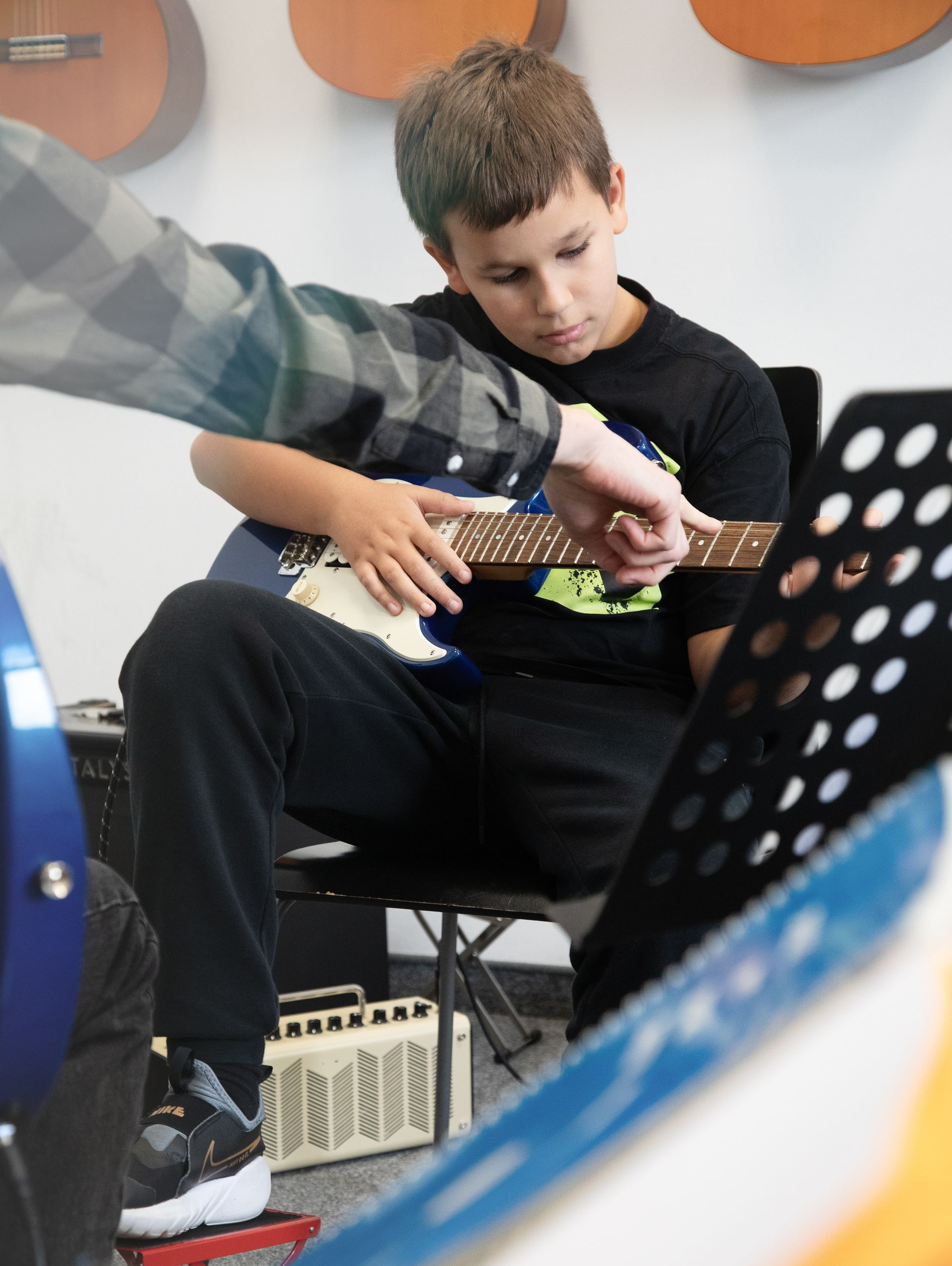
Why Grade Hopping Can Be a Problem
1. Weak Foundations = Frustration Later
Music is like building a house—if the foundation isn’t strong, everything on top becomes shaky. Skipping over key skills early on leads to frustration and slow progress later.
2. Technique Takes Time
Good technique isn't something you can fake. Whether it's finger independence on piano, proper vocal placement, or stick control on drums—these are skills that need repetition, correction, and patience.
3. Confidence Comes From Mastery
When students rush ahead, they often feel overwhelmed by the new material. Taking time to truly master a grade builds confidence, which leads to more enjoyment and better performance.
4. Real Musicianship Isn’t Just About Passing Exams
While music exams are a great way to measure progress, they shouldn't be the only focus. Being a well-rounded musician means understanding your instrument, playing expressively, improvising, and being able to perform with others—not just ticking boxes.
What Good Progress Looks Like in Music Lessons
- Solid technique: You can play cleanly, in time, and with control.
- Understanding the music: You know what you’re playing, not just how to play it.
- Confidence: You’re not just “getting through” pieces—you’re enjoying and owning them.
- Creativity: You’re starting to experiment, improvise, or compose.
- Consistency: You can replicate your playing week after week, not just once.
How to Stay Focused on Real Growth
- Trust the Process
Your tutor is there to guide you. If they suggest staying on the current grade, it’s because they want you to be truly ready—not just scrape through. - Set Musical Goals Beyond Grades
Try learning a song you love, writing your own melody, or playing in a band. These goals often motivate more than exams ever could. - Enjoy the Music, Not Just the Milestones
There’s joy in improving every week—not just when you pass an exam. - Parents: Focus on Depth, Not Just Progression
Support your child in enjoying their journey. Encourage regular practice, celebrate small wins, and avoid comparing them to others.
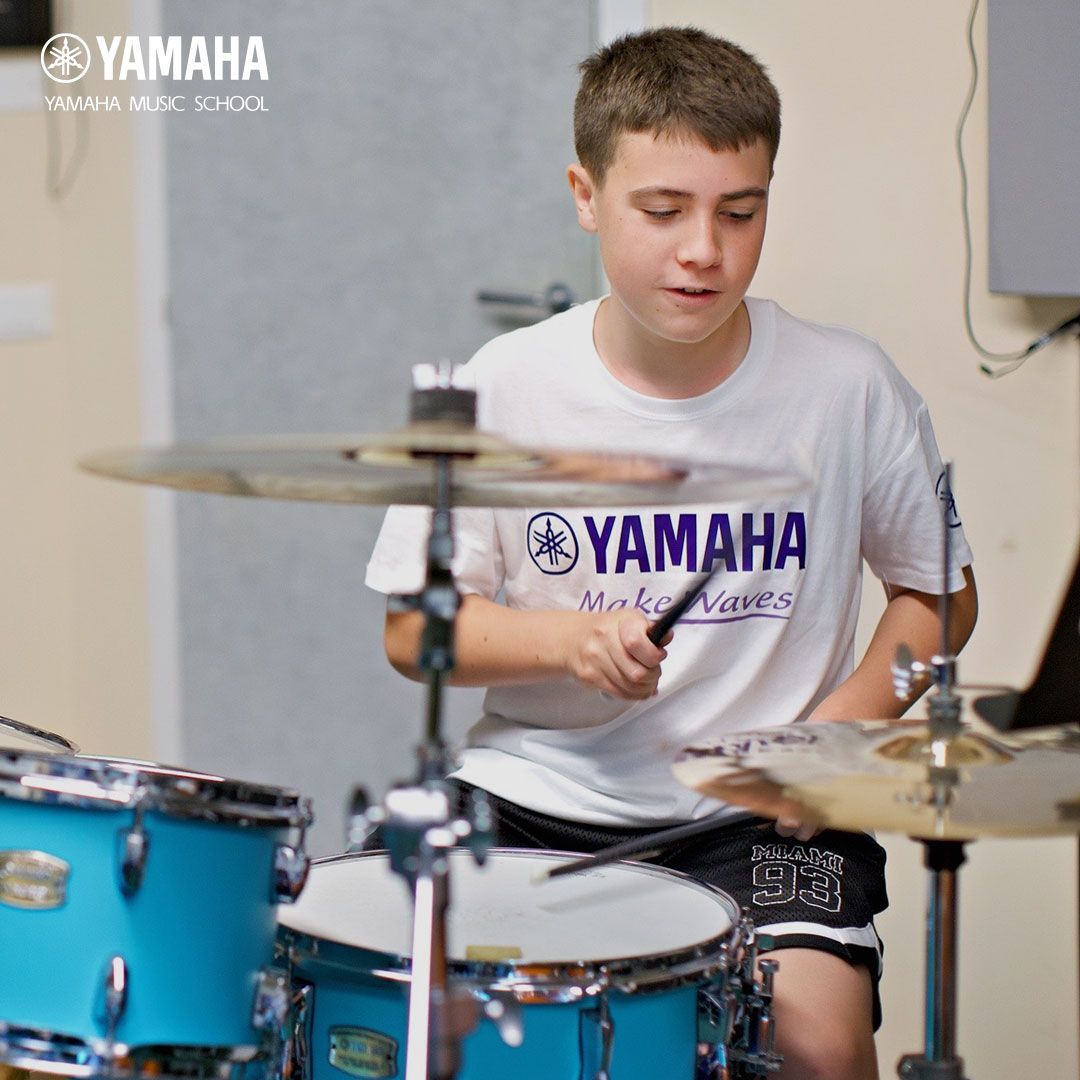
Final Thoughts
In music, progress is personal, and rushing ahead doesn’t make you a better musician—it just increases the chances of burnout, boredom, or frustration.
Whether you’re playing your first scale on the keyboard, mastering your first drum fill, or finally nailing that tricky vocal run—growth takes time.
So take a breath, enjoy the process, and remember:
The goal isn’t to pass grades. The goal is to become a musician. 🎶
